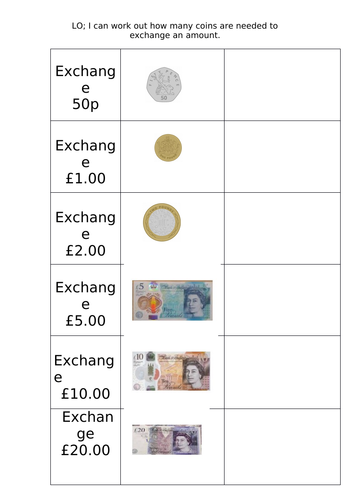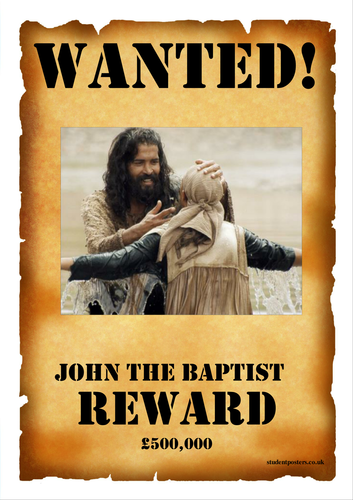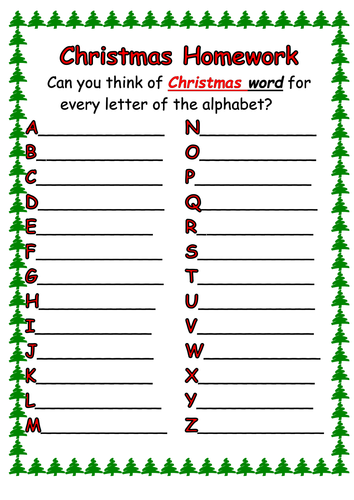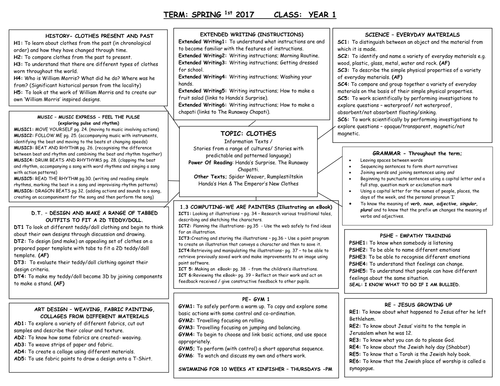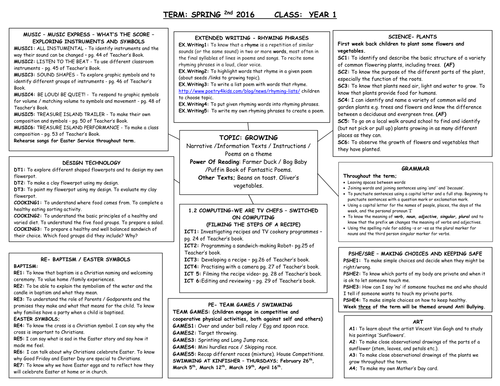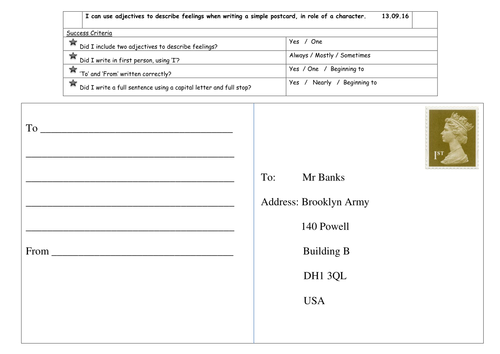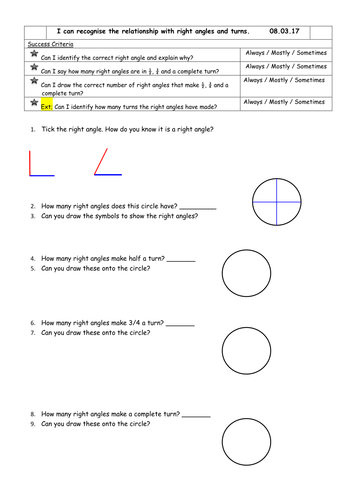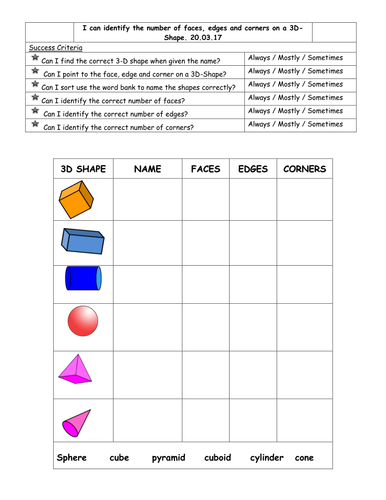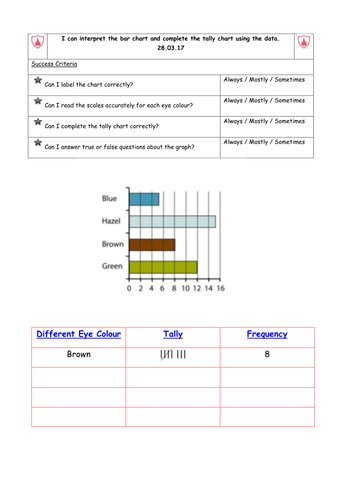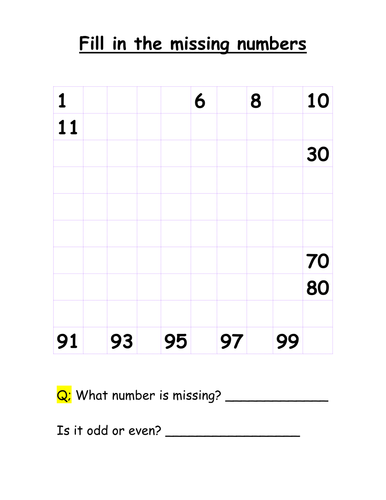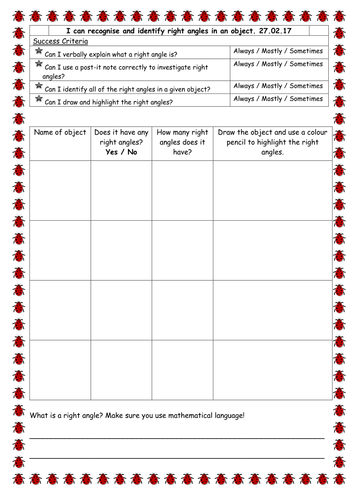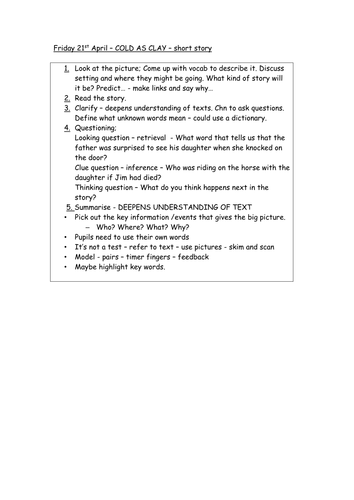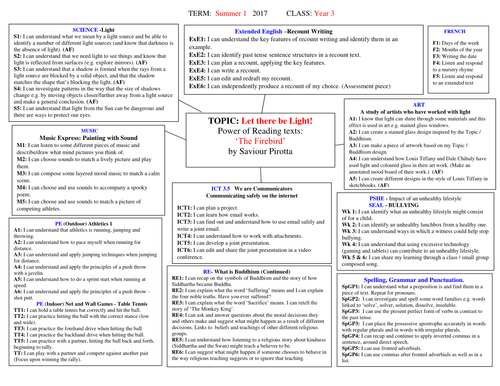
90Uploads
89k+Views
3k+Downloads
All resources

Exchanging amounts of money KS1 Year 2
This is a simple worksheet where the children have to work out what coins are needed to exchange a given amount. E.g. £5 for five £1, £20 for ten £2 etc.

John the Baptist Wanted Poster Template - Lesson Starter / Poster
This is simple WANTED POSTER for John the Baptist to use as a lesson starter to encourage the children to discuss who he is, why is he wanted, etc. I have used the same template three times and have changed the photo of him in each one. Here is outline of what i will do;
Teacher puts up a “wanted” poster of John The Baptist with a reward of half a million pounds. Pupils /Teacher to read out vivid descriptions on him while the rest of the class will try to decide who he is and what his role is. Matthew 11:9-10 and 3:1-3, Mark 1:3, John 1:27 and Luke 16:16.

Christmas Homework - writing Christmas words for each letter of the alphabet
Hopefully this homework / activity sheet will save you time!

What is a Prophet? Isaiah RE - Advent - Christmas - Messenger of God
This is a slide I have just made to help guide my lesson for tomorrow. The children have just studied the Season of Advent for Christians and the Church (see worksheet). Now they will learn what a prophet is and will look at the Prophet Isaiah reading 7:14 & 9:6 from the Bible.

To write a powerful description - Forest description KS2
This is a slide which introduces the LO; To write a powerful description. It is all based on writing a powerful description on the topic of a forest. There are various photographs of forests that the chn can 'think, pair and share' on what they see, hear, feel etc. The photographs can then be annotated.
There is a forest description already written that can be read and discussed with the class, and then finally the Success criteria is shown to discuss with the chn how they will be successful.
Will save time I'm sure!

Mean Average; To calculate the range and mean average of a data set
This is a slide to help guide a lesson on range and mean average. It starts with a warm up where the children have to convert a given number as a percentage or fraction or decimal. It then moves on to looking at a data set and finding the range and mean average. I hope it helps.
It can be edited and added to!

Worksheet on grouping animals with or without a skeleton Y3
This is a worksheet where the children have to identify and group animals with or without skeletons, they can either cut and stick pictures or write the names of the animals.
The worksheet has been differentiated three times;
LA - uses language of 'with skeleton / without skeleton'
MA - uses language of vertebrate / invertebrate - with definition beside to remind them
HA - just uses title 'vertebrate / invertebrate' - no definition
I can't attach the pictures I used due to copyright but there are loads on the internet out there to use. The tables will save time and include the LO and Success Criteria.
I hope they help!

Medium Term Planning Topic Web Year 1 - Clothes
The topic web includes Learning objectives on;
Extended writing - Writing instructions
Grammar
PSHE - Empathy training
RE - Jesus growing up
PE - Gym
ICT
DT - making tabbed outfits or a teddy
Art and Design - weaving
History - clothes present and past
Music
Science - everyday materials

Topic Web - Growing - Year 1 - Medium Term Plan with Learning objectives
This is a topic web used for Growing in Year 1 for Spring 2.
This includes;
Science - Plants
Extended writing - Rhyming Phrases
Music - exploring instruments
PSHE - Making the right choices and keeping safe
ICT - filming a recipe
DT - Making clay flower pots / cooking
RE - Baptisma nd Easter symbols
PE - Team Games

Writing a postcard template - differentiated with LO & SC
This is a postcard template that I used for Year 3 when writing in role of a character from a class book. The templates are differentiated HA,MA,LA and each have the LO and success criteria on them, ready for the adult to highlight when marking.
There are also various other templates at the end of the document which are also differentiated which I though I would attach too!
Will save heaps of time!

Right angles and turns Year 3
I made this worksheet for a lesson recognising the relationship between right angles and turns. The children have to identify the right angle and then work out how many right angles in turns e.g. 1/2 , 1/4, 3/4 and complete turns and then draw them. There are two worksheets which are differentiated and both have extension activities where they have to work out how many turns the right angle has moved! Th worksheets have the LO and SC to make the structure of the lesson and marking easier.

Year 1 or SEN Worksheet on properties of 3D Shapes
This is a colourful worksheet where the children have to name the 3D-Shape and then find out how many corners, edges and faces each shape has. The LO and SC is on the worksheet which will make marking much easier! I have used this with my lower group children in Year three and they loved the colours! I also gave them the physical objects/ shapes to manipulate and find the answers.

Horizontal bar graph - interpret and present data, Year 3, True or false questions, differentiated
I made this worksheet for Year three children. They have to label the horizontal bar chart, complete the tally chart and then answer some True or False questions and explain how they know, to prove it. The questions are differentiated. LO and SC on the worksheet to help with marking.
Will save lots of time.

Introduction to Right angles Year 3 - identifying and recognising right angles
This is a smart note book slide that I made for my lesson on introducing right angles to Year 3. I worked through each page and then gave them post-it notes to identify right angles within the classroom. After that they were given a tray of objects on their tables to see if they could identify and recognise any right angles. They completed the worksheet I gave them (which I will also upload) and then in the plenary we used the last page of the slide to extend their thinking and learning - a reasoning question. Will save plenty of time!

Creating a persuasive poster on the Caribbean Year 3
This is a resource where the children have to create a persuasive poster on the Caribbean. There are two photos of a Caribbean beach which the children can choose from. Then the children use the boxes provided to write their persuasive information on and cut out and stick on the poster. I encouraged the chn to use all of the features of persuasive posters e.g. alliteration, bossy verbs, slogans, rhetorical questions, facts etc. They loved this lesson. I also enlarged the sheets to A3. Will save lots of time!

Missing numbers on a 100 square - Year 1 or EYFS
This is a 100 square where the children have to write in the missing numbers, forwards and then backwards. There is also a question asking them what number is missing (zero) and another question asking if it odd or even.
This is also perfect to use as an assessment and will save time!

Introduction to Recognising and identifying Right angles - worksheet - Year 3
I made this worksheet for an observation on introduction to right angles. I have also uploaded the SMART Notebook that I used along side this lesson which helped me to keep the lesson flowing at a good pace and really embed the new learning.
The worksheets are differentiated for SEN - MA/LA - HA. All sheets have the LO and SC on them which the chn can read and use to structure their work to make sure they are successful.
The children were given a tray filled with objects which they had to use post-it notes to identify any right angles and then fill in the table on their worksheet using the correct mathematical language.
Will save time!

Reciprocal Reading Planning Example - Y3
This week we have begun to introduce Reciprocal Reading to Y3. For the first session we did it as a whole class. First I handed out the picture that went with the story. We discussed it and came up with words which described the pictures and then predicted what the story was about.
Next we clarified any unknown words / phrases, encouraging the chn to ask questions to each other and then I gave them three question, a looking one (retrieval) and clue (inference) and then a thinking question - their opinion. Finally we summarised the passage using the key points.
The children loved this passage - it can be found online - COLD AS CLAY (from a book full of short scary stories) and the photo was of two people on a horse.

TOPIC WEB - YEAR THREE - LET THERE BE LIGHT- MEDIUM TERM PLAN
This is a topic web for Y3 on the topic let there be light. If anything this will be useful to have simply for the LO's which you can use and helot to guide you plan the term. The children are loving it so far!

Detailed Risk Assessment for a farm Reception Year on - EYFS / KS1
This is a detailed risk assessment to use as a template for a visit to a farm.
Can be edited to suit the needs of you class / school.

